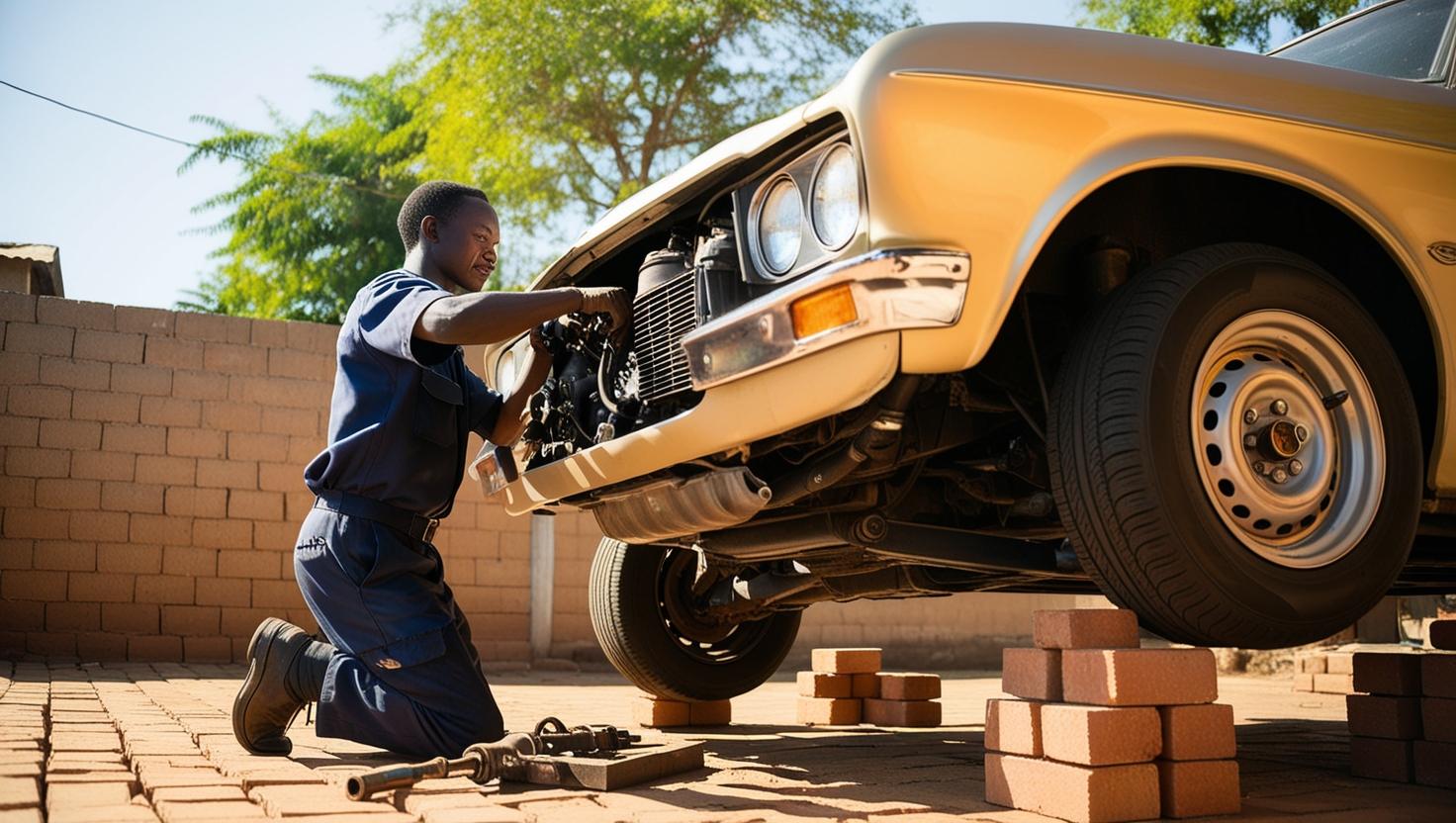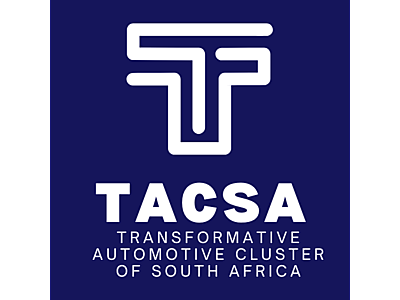The Kasi automotive sector - steeply growing, yet largely informal
Posted by Admin (JS) on 11 June 2025, 09:35 SAST
.png)
Township automotive services form a vibrant, sizable segment of South Africa’s broader motor repairs ecosystem. Recent estimates suggest there are about 80,000 “kasimechanics” and panel-beaters operating informally, often from backyard garages or small street-side workshops. While South Africa’s formal automotive manufacturing contributes around 6–7% to GDP and employs over 110,000 directly, these township-based SMMEs are a quieter powerhouse—providing essential services to an unfinanced market that makes up nearly 40% of all vehicles. Though exact contributions are unregistered, their impact on local employment, vehicle upkeep, and grassroots economic activity is immense and frequently overlooked.

Recommended research - view here.
Health, Safety and Regulatory Compliance
Safety compliance and professional standards in township workshops vary dramatically. Informal mechanics are often well-equipped and exceedingly skilled—but they generally lack alignment with regulated safety protocols and certified accreditation. Pilot initiatives, such as TACSA’s township workshop formalisation and AIDC’s township hubs in Winterveld and Chamdor, are actively working to upgrade health-and-safety standards—introducing spray booths, lifts, diagnostic tools, and structured inspection processes in partnership with municipalities and insurance companies. Nevertheless, uptake among both mechanics and customers is inconsistent, with public preference often leaning toward low-cost informal fixes absent proper safety oversight.
Skills Levels and Training Challenges
The township mechanic community boasts substantial practical expertise—effectively servicing modern vehicles and e-hailing fleets. Yet, just 46% of mechanics are formally trained, and technological shifts—particularly diagnostics for electronic systems and electric vehicles—are placing new demands on skill levels. Numerous reports, including local case studies in Garankuwa, highlight barriers such as inconsistent access to funding, inadequate infrastructure, and limited formal training via TVET and industry-led programmes. In response, government, NGOs, and private OEM-led initiatives are partnering to offer vocational courses, mentorship, and access to workshop data systems—often targeting NQF-aligned certification and boosting prospects for EV diagnostics and advanced mechanical services .
Outlook
The township automotive sector is brimming with entrepreneurial potential and underpinned by strong entrepreneurial spirit. The future hinges on its ability to formalise operations, lift safety and quality standards, and invest in technical training—particularly in the wake of growing complexity and electrification. Formalisation efforts and skills uplift programmes represent crucial gateways to unlocking growth, quality assurance, and sustainable livelihoods in these communities. Support from government, industry, and financial institutions will be key to turning informal hubs into credible, competitive automotive service centres that can effectively bridge gaps in the national industry.
By spotlighting these dynamics—size, safety standards, training levels, and development initiatives—this post frames both the challenges and potential in South Africa’s township automotive sector.
Sources and interesting links.
